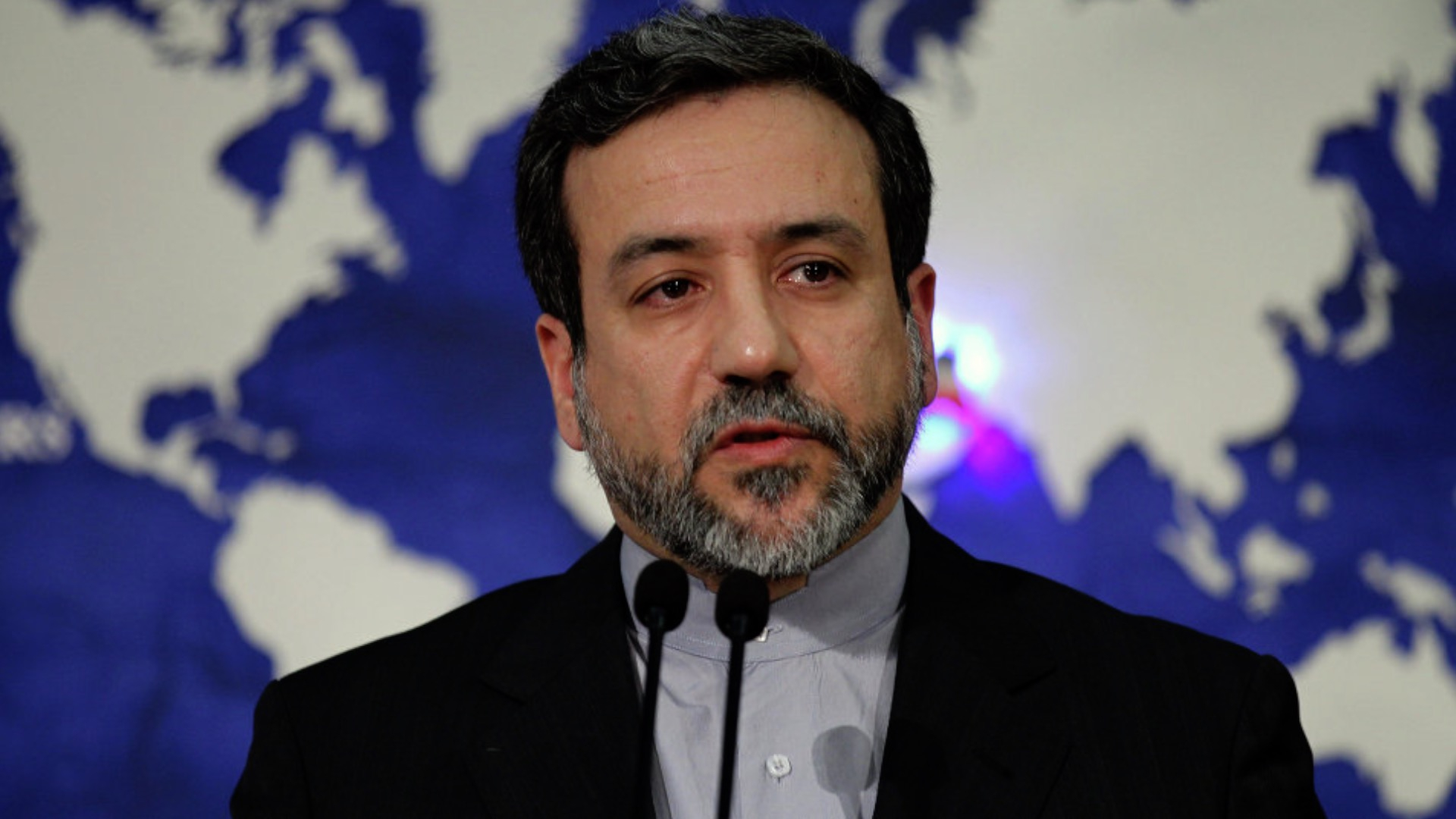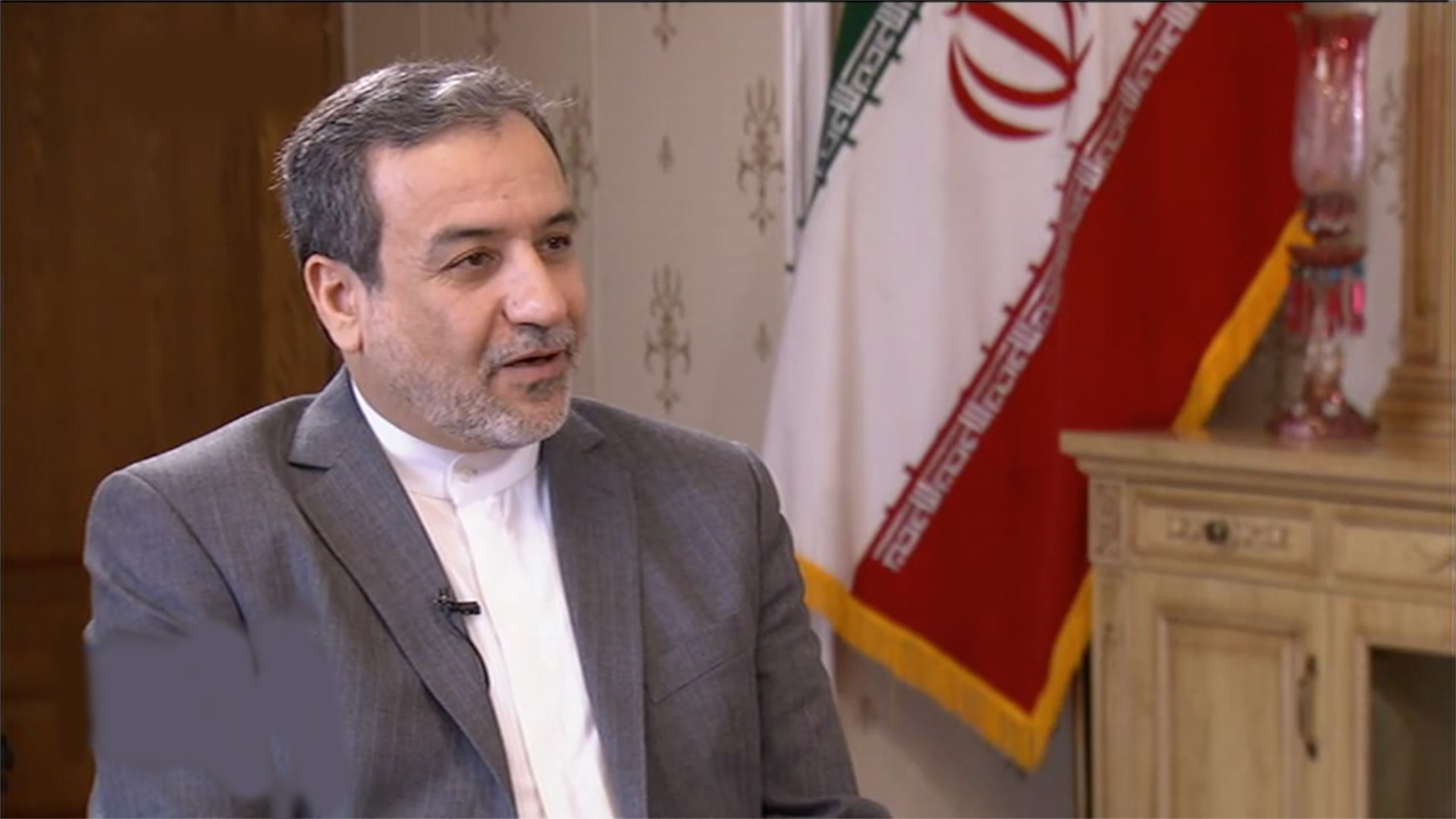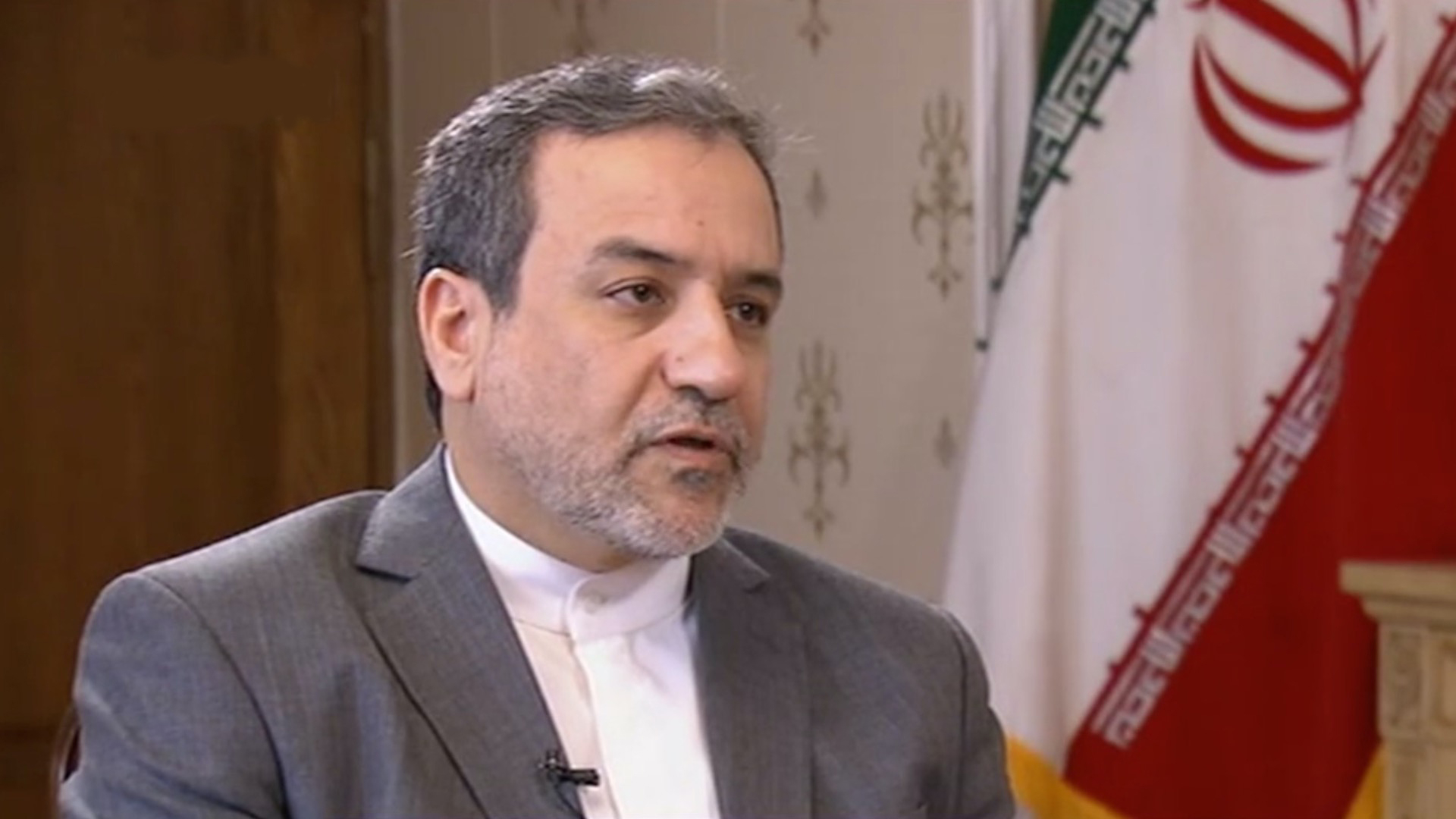01:16

Since the U.S. has withdrawn from the Joint Comprehensive Plan of Action (JCPOA) and put maximum pressure on Iran, the nuclear deal has been on the verge of collapse. The Middle East, at large, is becoming a less stable place. And with an unpredictable U.S. President and divided U.S. politics, what's the future for the JCPOA? And what type of message is Iran trying to send as it resumes uranium enrichment with reduced commitments in the deal?
Iranian Deputy Foreign Minister Abbas Araghchi told CGTN that his country is still trying to rescue the deal.
"The message is that we want to save the deal. The purpose is not to kill the deal. Otherwise, we could have withdrawn from the deal right after the U.S. withdrew on May 8, 2018, and nobody would have blamed us because that was in reaction to what the U.S. has done," said Araghchi. "But we decided to give diplomacy a chance to save the deal. And now,... we are exercising our right in paragraph 36 of the deal. So, we are still in the deal are trying take remedy measures in order to save the deal."
He said, "No deal can survive if there is not a balance between gives and takes. And we have no balance in the deal right now. Iran is fully committed to its obligations up to May this year. But we received nothing. So, what Iran is doing is still trying to restore the balance in the deal, which hasn't happen yet."
00:48

But will Iran's regional strategies be affected by a changing U.S. Middle East policy? Also, President Trump is facing a possible impeachment or presidential election in 2020, how would a changing and hyper-politicized U.S. domestic environment influence Iran?
Araghchi asserts that Iran wouldn't bow to pressure. Negotiating under maximum pressure is tantamount to surrender, Araghchi believes. So, for the Iranian government, at this moment, negotiation with the United States would be out of the political equation.
Looking at the long run, Araghchi believes that Iran would not shape its own policy based on what's happening in the United States. "We are not counting on who is the U.S. president and who is not. We have a very basic principle and strategy. And we are following it very carefully. We don't think the change of president in the United States would change anything in the relation with Iran, unless somebody come who can fulfill the commitments they have already made and unless they will back to the JCPOA. So, we can, again, talk with them in the JCPOA format. That is the only possibility," Araghchi said.
01:08

The Middle East Security Forum just wrapped up in Beijing. It was the first time that Beijing held a forum on security in the Middle East. About 200 international participants joined in discussions at this two-day event, sharing ideas to promote peace and stability in the region. But how does Iran see China's timing in holding this forum and the country's role in the Middle East?
"I think the timing (of the forum) is good, even late. But better late than never," Araghchi said.
"China is a major international player. We believe that, like Russia, China also can play a very constructive role in problems that exist in the Middle East and other regions," he said. "We have a very good experience of working with China for coming to a conclusion on Iran's nuclear program. China was a part of JCPOA and still an important participant to the JCPOA. We appreciate China's position to protect the deal and save the deal. So, China already played its role in the JCPOA, which was a very important question in the Middle East."
"Dialogue with Yang Rui" is a prime time English-language daily talk show on CGTN. The 30-minute program covers a wide range of domestic and international topics, providing a balanced and critical perspective on current affairs and analysis within the framework of cross-cultural and multi-disciplinary comparisons.
Schedule: Monday-Sunday
Time (GMT): 03:30, 11:30, 19:30
(If you want to contribute and have specific expertise, please contact us at opinions@cgtn.com.)